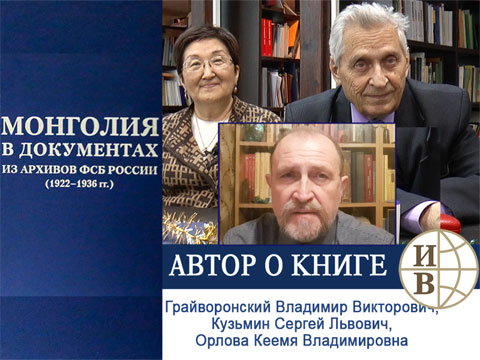Departments
Department of Korea and Mongolia
About Us
The concept of our research is based on the comprehensive study of history, politics and economy of DPRK, South Korea and Mongolia – three nations of Northeastern Asia with their own places in the system of international relations. Nowadays, this region as a whole and every country in particular develop rapidly, the changes sometimes become dramatic. For many years the Korean Peninsula has been a stage for confrontation between two nations with opposite systems and regimes: North Korea, a state of socialism with specific national traits and South Korea, a democratic republic with market economy. Both of them are unique. South Korea is a vivid example of a newly industrialized country which has grown from being underdeveloped and impoverished to an economic and scientific powerhouse during the life of a single generation. DPRK, for its part, though suffering from poverty and permanent economic crisis, has enough commitment to uphold its political regime and ideals, independent foreign policy and military potential sufficient to resist possible aggression even while being internationally isolated. The country’s nuclear projects have already provoked a number of international crises, the latest of which took place in 2017-2018. Because of that, the issues of Korean Peninsula continue to cause concern all over the world. Mongolia also draws international attention due to largely unexpected processes happening there, such as rapid and mostly successful democratization, political transformation and transition from planned economy to free market. Nowadays, Mongolia as a nation is characterized by its active foreign policy, striving to play a significant role in the regional cooperation in Northeastern Asia and to participate in as many international organizations as possible. Another important issue we research is the relationships between Russia and these nations. As all of them are our neighbors, maintaining contacts with them is a major aspect in Russian foreign policy. However, a deep understanding of current events is not possible without profound research of rich cultural and historical heritage of Korea and Mongolia, also being a permanent topic of our academic work.



